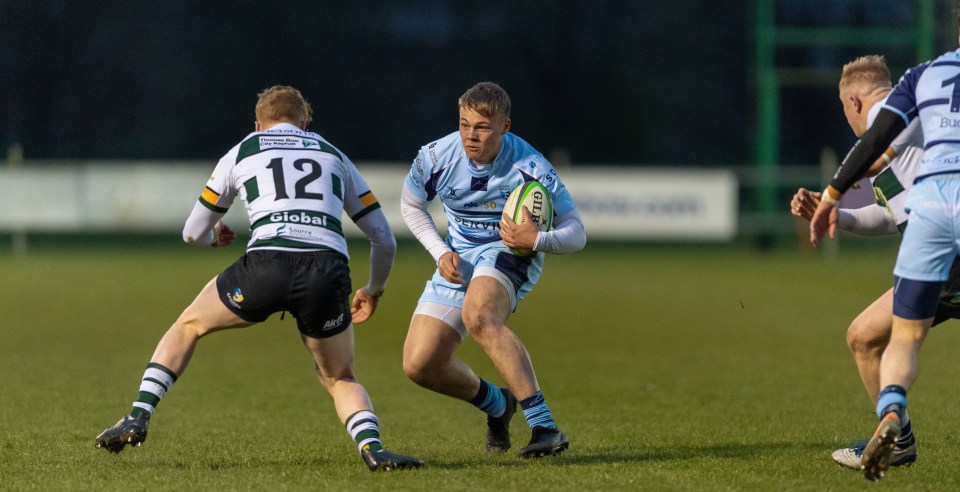Why Premiership and Championship rugby clubs are teaming up to win

While the powers that be seem to be determined to keep Premiership rugby outfits apart from Championship teams, that hasn’t stopped clubs from partnering up with one another in a series of mutually beneficial playing arrangements.
Last week defending Premiership champions Harlequins announced a partnership with London Scottish, who play just up the road at the Richmond Athletic Ground.
“As part of the agreement, Harlequins will share specific rugby players and access to coaching resource with London Scottish,” Harlequins’ statement said.
“This will provide an invaluable playing opportunity for the selected players, as well as growth and development experience for the coaching resource.”
The agreement will see more players on dual-registered contracts – where a player is on the books of more than one club, similar to a loan scheme – and the two sides will play pre-season matches against each other, starting this year at Scottish.
But while this is the latest example of clubs working together off the field, it’s not the first of its kind.
Premiership partnerships
Gloucester and Hartpury College have had a longstanding relationship while Northampton Saints and Bedford Blues, too, combine resources to produce a wider playing pool.
“We need an avenue to develop our young players and currently in England there is no second team competition [there used to be an ‘A’ league],” Mark Hopley, Head of Academy at Northampton Saints told City A.M.
“To develop rugby players you need to play rugby. We can develop that technical understanding and the physical pillars but they need an avenue to implement that.
“Bedford gives them an opportunity to explore things that work well and don’t work so well – that’s how you become a better rugby player.”
One round of Premiership action in January saw nearly 50 per cent of the playing individuals have previous experience in the Championship.
Coaches have also benefited from the second division. Bristol Bears coach Pat Lam spent time in the Championship, as did Wasps’ Lee Blackett and Exeter Chiefs’ Rob Baxter.
“Currently we have James Craig, who is our senior academy forwards coach, and Jake Sharp, who is our academy backs and skill coach, go and deliver the line out and attack at Bedford,” Hopley added.
“That gives them a chance to develop as coaches, and both of those have used Bedford as a platform to learn their craft and develop.
“Craig is going to move up to be a senior coach with Saints next year [focusing on the line out] and that part of our relationship with Bedford has paid dividends in terms of development.”
Prove they’re good enough
Gloucester have used Hartpury as a feeder club for years now, with many fringe Cherry and White players donning the local side’s colours to earn their spot in the wider squad.
Exeter have often had Cornish Pirates players on a dual-registration deal – it really is a culture of development that is spreading across rugby.
Scottish president Paul Burnell described their new partnership as an “outstanding agreement” which will allow “the freedom for each club to develop and respect each’s own distinct culture and rugby style.”
It is well known that Bedford, especially, is home to one of the liveliest crowds in the second division, and this contributes to a well rounded player – according to Hopley.
“You go from playing schoolboy rugby in front of 100 people to playing on a Friday night in front of 4,000. That’s only going to help prepare them for when they’re in front of 15,000 at Saints,” he added.
“We’re really fortunate to have a great club with a great partnership under Mike Rayer [Bedford director of rugby]. He has autonomy over selection and the boys have to prove they’re good enough to make that squad.”
It seems as if the idea of partnerships is catching on, and when you see the breadth of youthful talent performing at the top stage after stints in the second division, you can understand why forming so-called alliances is becoming so popular.